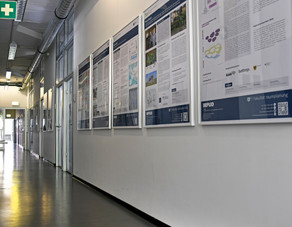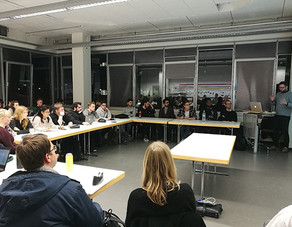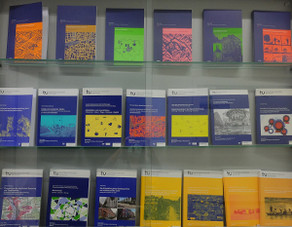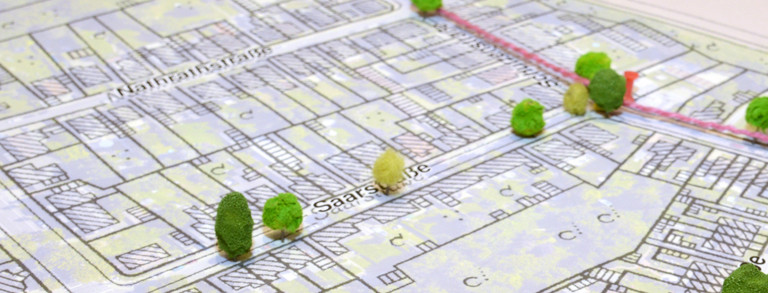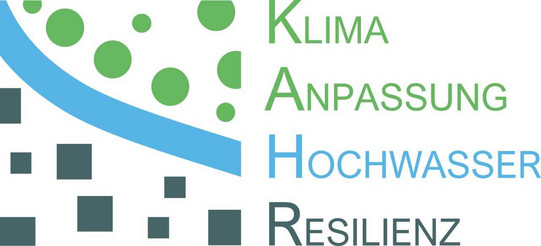KAHR Scientific monitoring of the reconstruction processes after the flood disaster in Rhineland-Palatinate and North Rhine-Westphalia: Impulses for Resilience and Climate Adaptation
Project duration: 11/2021-12/2024
In North Rhine-Westphalia and Rhineland-Palatinate in 2021, the low mountain regions, as well as the transition areas to the lowlands were affected by a devastating flood. In addition to the extensive clean-up and restoration efforts, intensive scientific monitoring in the field of flood risk management and pro-active spatial planning is required to make the affected regions fit for and more resilient to future events.
Reconstruction processes after past extreme events from other regions and countries show that reconstruction is not a linear and fully controllable process. Consequently, the research accompanying the reconstruction process aims to identify the respective phases, dynamics and actors within the reconstruction phases in selected regions and municipalities and provide scientific expertise for selected questions and processes in an appropriate way.
IRPUD's accompanying research within the project "KAHR" aims to systematically develop and integrate strategies and measures to strengthen resilience and climate adaptation of municipalities affected by heavy rainfall and floods in NRW. Two of the focal points are in particular
- Further development of the consideration of flood risks in regional planning and municipal urban land use planning
- Identification of vulnerabilities of different population groups and settlement structures including critical infrastructures
Further information is available on the KAHR-homepage.
| Funding agency | Federal Ministry of Education and Research (BMBF) |
| Funding-ID | O1LR2102L |
| Project partner |
|



